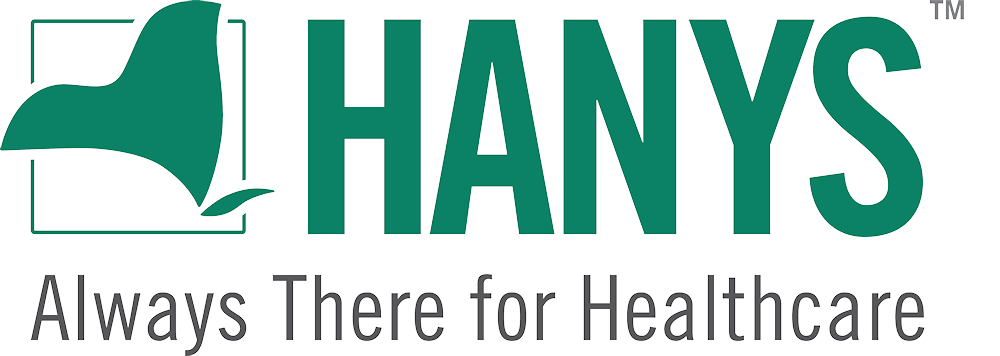
Cayuga Health-Cornell University partnership innovates the healthcare workforce pipeline
As the healthcare workforce shortage continues, providers seek new ways to bolster their staff and identify the next generation of clinicians. Cayuga Health collaborated with the Cornell Center for Health Equity and the Cornell Office of Academic Diversity Initiatives to establish the Mobility Aide Program and provide students access to paid, hands-on clinical experience, alleviate the impact of workforce shortages on Cayuga Health staff and improve patient care.
By becoming an employer in Cornell’s Community Work-Study Program, Cayuga Health offers positions administered by the Einhorn Center for Community Engagement. Students with federal work-study funds or who participate in The Cornell Tradition program can work off-campus at local nonprofits, municipalities and schools. Available positions are shared with pre-health students who apply through the work-study website. Students associated with OADI are given advance notice of open positions.
Once interviewed and cleared for employment, students train as mobility aides with nursing staff during shifts and work to improve patient mobility, recovery and disposition to home. Nursing staff are trained on how to incorporate the MAs into their care teams to assist them with nursing aide duties.
Students meet weekly with Lara Parrilla, the community and academic partnership manager, to reflect on their learning and experience on the job. These sessions allow students to practice an essential skill for lifelong learning, promote conversation about social determinants of health and create a sense of community among the MAs, whose shifts rarely overlap. It also gives program leaders a chance to evaluate the impact of MAP on all the people the program touches and identify areas for improvement.
The program has more than doubled — from five to 12 student positions — and now runs throughout the academic year. The hospital hosts a full-time paid summer position for one MA, supported by a stipend from OADI. MAP has expanded to a second unit so that a total of 65 beds are covered, representing about half of the inpatient census. The program has also enhanced data access through MA training, allowing for care documentation and quantitative data abstraction specific to MA contributions. Looking to the future, MAP staff plan to improve communication between staff and students, test out overlapping MA shifts to improve care transitions and remove transportation barriers for students.
For more information, contact Lara Parrilla (she/her), community and academic partnership manager, Cayuga Health Partners, Cornell Public Health and the Cornell Center for Health Equity, at lparrilla@cayugamed.org or 607.342.0446.